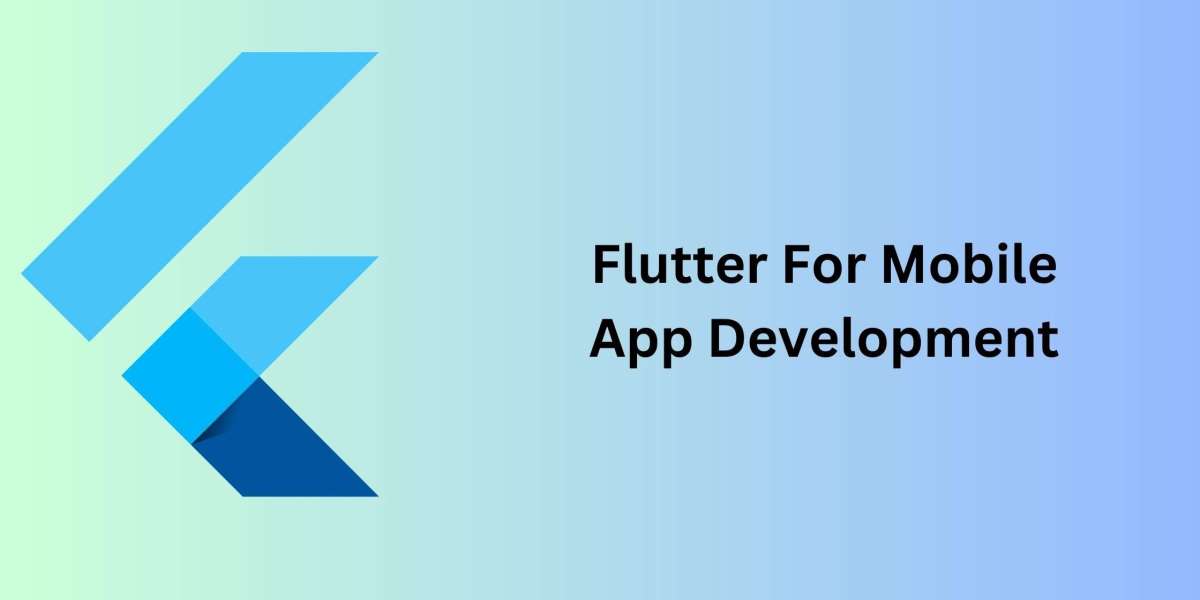Flutter, the popular UI toolkit from Google, has gained immense popularity among developers for building beautiful and fast mobile applications. One of the key aspects of building Flutter apps is managing the state of your application efficiently. State management is crucial for ensuring that your app remains responsive and behaves as expected.
Fortunately, the Flutter community has developed several state management libraries to help developers handle state in their apps more effectively. Whether you're a beginner or an experienced Flutter developer, understanding these libraries can significantly improve your app development process.
Let's take a look at seven of the top Flutter state management libraries:
Provider:
Provider is a simple, yet powerful state management solution that is built on top of Flutter's InheritedWidget. It allows you to manage your app's state without needing to use a lot of boilerplate code. Provider is widely used in the Flutter community due to its simplicity and flexibility.
Bloc:
Bloc (Business Logic Component) is a predictable state management library that helps you separate your app's business logic from its presentation layer. It's based on the principles of reactive programming and makes it easy to manage complex state in your Flutter apps.
GetX:
GetX is a lightweight and fast state management library for Flutter. It provides a range of features, including state management, dependency injection, and route management, all in a single package. GetX is known for its simplicity and performance, making it a popular choice among Flutter developers.
Riverpod:
Riverpod is an improved version of Provider, offering better performance and more features. It's built on top of Flutter's Provider package and provides a more intuitive API for managing state in your apps. Riverpod is highly recommended for larger Flutter projects due to its scalability and reliability.
Redux:
Redux is a popular state management pattern that originated in the web development world. It's based on the idea of having a single source of truth for your app's state, which makes it easier to manage and debug. Flutter has several Redux implementations available, allowing you to choose the one that best fits your needs.
GetX + State Management:
GetX provides its own state management solution, which is built on top of its reactive framework. It allows you to manage state in your Flutter apps using simple, reactive programming techniques. GetX's state management solution is highly efficient and easy to use, making it a great choice for many Flutter developers.
MobX:
MobX is a state management library that is inspired by reactive programming principles. It allows you to define observables and reactions in your Flutter apps, making it easy to manage complex state relationships. MobX is well-suited for building reactive Flutter applications that need to handle large amounts of data
Conclusion
In conclusion, understanding the diverse range of Flutter state management libraries empowers developers to craft more efficient, scalable, and maintainable applications. Each library offers unique features and advantages, catering to different project requirements and developer preferences. Whether aiming for simplicity, performance, or scalability, there's a state management solution tailored to every need.
For businesses looking to leverage Flutter's capabilities, it's essential to hire Flutter developers proficient in these state management techniques. Experienced developers can navigate the nuances of each library, ensuring the optimal choice for a project's requirements. By investing in skilled Flutter developers, businesses can unlock the full potential of their Flutter applications, delivering exceptional user experiences and staying ahead in today's competitive market.









